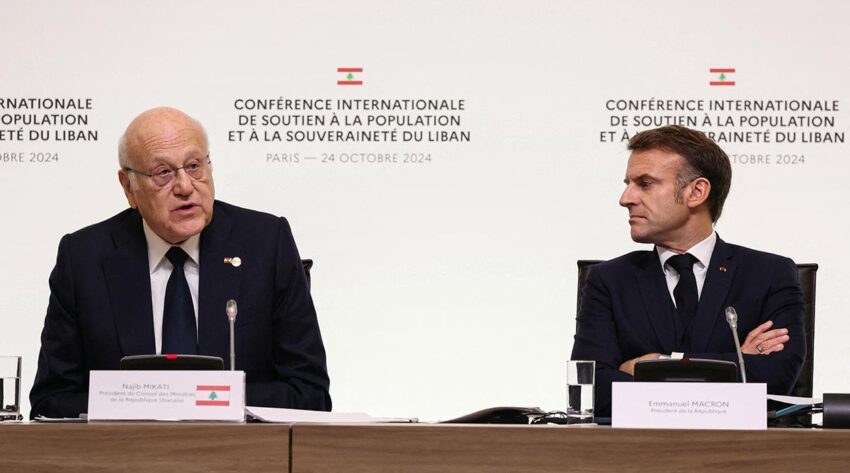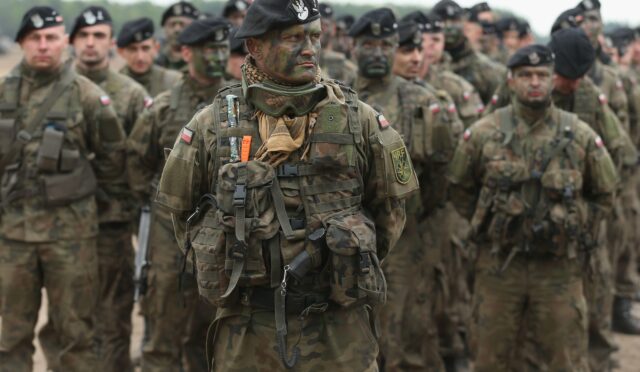Hezbollah Disarmament: Naim Qassem’s Defiant Stance
Hezbollah’s leader, Naim Qassem, declared on Sunday that his group will not surrender or disarm, defying Israeli threats and external pressures to disarm Lebanese militants. His firm stance came just before U.S. envoy Thomas Barrack’s scheduled visit, during which Lebanese officials are anticipated to address a request for Hezbollah’s disarmament by the end of the year, although a Lebanese official preferred to remain anonymous.
In comments made during a televised address to thousands of supporters in Beirut’s southern suburbs, Qassem asserted, “This (Israeli) threat will not make us accept surrender.” His statement coincided with the Shiite observance of Ashura, a significant event for Hezbollah’s predominantly Shiite supporters.
Pressure for Disarmament Amid Ongoing Tensions
Lebanon’s political leaders, who came into power following a conflict with Israel last year that notably diminished Hezbollah’s influence, have pledged to control weapons across the state. They have repeatedly called for Israel to adhere to a ceasefire established in November, intended to mitigate ongoing hostilities.
Qassem, who ascended to leadership after Hassan Nasrallah’s death in an Israeli airstrike in September, affirmed that Hezbollah fighters are resolute in keeping their arms until Israel ceases its military actions. His emphasis on resistance underlined the group’s commitment to what they view as a rightful defense against aggression.
Ceasefire Violations and Strategic Positions
Despite the established ceasefire, Israel has persistently conducted strikes in Lebanon, asserting that these operations are aimed at Hezbollah installations and personnel. Israeli authorities accuse the Lebanese government of inadequate measures to dismantle Hezbollah’s military setup.
According to the ceasefire agreement, Hezbollah was to relocate its fighters north of the Litani River, about 30 kilometers (20 miles) from Israel’s border, while Israel was to withdraw its troops from Lebanon. However, Israeli forces continue to maintain a presence in five strategically significant areas.
Conditions for Hezbollah’s Disarmament Discussion
Qassem outlined a list of preconditions for any discussion on national security and defense strategy, which would include the question of Hezbollah’s disarmament. He stated that Israel must first comply with the ceasefire terms, withdraw from occupied territories, cease its aggression, and release prisoners detained during last year’s conflict.
“When all these conditions are met,” Qassem noted, “only then will we be ready for the second stage, which involves discussing disarmament.” His statement illustrates the complexity of achieving peace and stability in the region.
Public Support and Cultural Observances
During Ashura, supporters of Hezbollah, clad in black, marched through southern Beirut, proudly displaying Hezbollah banners alongside Lebanese, Palestinian, and Iranian flags. Some carried posters of the late leader Nasrallah, reinforcing the group’s enduring support base.
A participant from southern Lebanon expressed deep conviction, stating, “The group’s weapons can’t be handed over, not now, not later. Those who believe Hezbollah will disarm are mistaken.” This sentiment portrays the strong loyalty that many in the region feel towards Hezbollah.
Rejection of Normalization with Israel
In his broadcast speech, Qassem also expressed firm opposition to any normalization attempts with Israel, responding directly to Israel’s top diplomat, who had made comments suggesting interest in ties with Lebanon. He stated that Lebanon remains technically at war with Israel, highlighting the ongoing tensions.
Meanwhile, neighboring Syria dismissed the notion of normalization as ‘premature’. This positioned both nations firmly against any diplomatic overtures while maintaining a vigilant stance on Israel’s military actions.
Ashura Commemorations Amid Regional Conflict
The observance of Ashura resonated throughout the region as Shiites commemorated the martyrdom of Imam Hussein, a significant figure in Islamic history. The largest ceremonies occurred in Iraq, particularly notable in the holy cities of Najaf and Karbala.
However, in southern Lebanon, participation was reportedly lower than usual due to the ongoing conflict and the impact of Israeli strikes which had affected local markets and infrastructure. Local residents expressed concern over the current security situation.
Restricted Observances in Syria
In Syria, Ashura was marked by a smaller gathering of Shiite faithful who observed the day under the watchful eyes of security personnel at the Sayyida Zeinab shrine, located south of Damascus. A local reporter noted the absence of processions that had been characteristic of previous years.
This year, the usual influx of pilgrims from countries like Iran, Iraq, and Lebanon was notably absent, suggesting heightened concerns for the Shiite minority in the aftermath of the Syrian conflict. An official at the shrine commented on the increased security presence, signaling the precarious situation for Shiite communities in the region.







